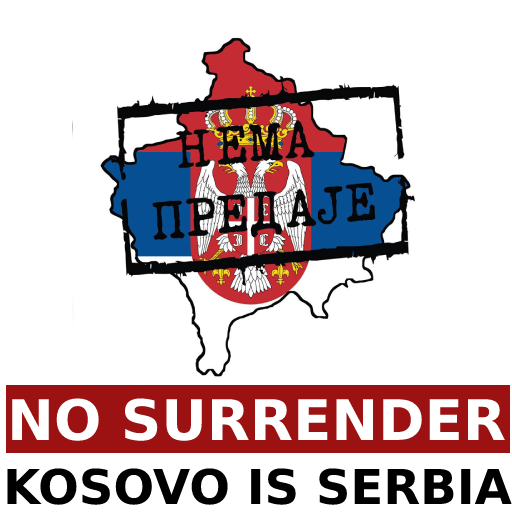English Language Grammar
English grammar is the way in which meanings are encoded into wordings in the English language. This includes the structure of words, phrases, clauses, sentences, and whole texts.
Grammar, Dictionary, Definitions, Meanings, Synonyms, Phrasal Verbs and much more
The Open Dictionary refers to a dictionary or lexicon that is open to contributions from the public. It is similar to a traditional dictionary in that it provides definitions of words, but it differs in that anyone can submit new entries or edit existing entries.
The goal of an open dictionary is to provide a collaborative and constantly evolving resource that reflects the current use and understanding of language by its speakers. Entries can be added, modified, or deleted by anyone with access to the platform, allowing for a more democratic and inclusive approach to language definition and representation.
Numerals
Numerals in english language can be Cardinals and Ordinals.The cardinal numerals are one, two, three, four, five, etc. The ordinal numerals
Defective Verbs + Perfect Infinitive
When defective verbs are followed by have + past participle, they indicate a past action. That action was not fulfilled or other way round.
Participles
Participles are verbal adjectives, so they may have both adjectival and verbal properties.In english language there are two participles ..
Articles
There is no doubt that articles are adjectives since they modify the nouns after them. But articles have some special significance as determiners. Articles determine the standard of nouns.
Pronoun
Pronouns are a type of word used instead of a noun noun phrase. Personal Pronouns, Reflexive Pronouns , Possessive Pronouns…
The noun – PEOPLE
The noun people may be used in the plural or in the singular.
The noun people in the meaning of men and women always requires a verb in the plural:
Have, Has & Had
Have, Has & Had | Difference between has, have and had ? Have is all the other persons in the present tense of the verb to have. Have is used by …
The Simple Future Tense
The simple future tense denotes an activity which will take place in the future, definite or indefinite.shall + infinitive will + infinitive
The Present Perfect Progressive Tense
The Present Perfect Progressive Tense denotes a completed past activiti which was in progres for some time in the immediate past.
The Present Perfect Tense
The present perfect is used if the time of the activity is indefinite. Examples of The Present Perfect Tense
The definite article before the superlative
The definite article are used before the Superlative. Examples : The definite article before the Superlative She is the prettiest girl in the class. This is the best game that I ever see. I am the best among us. The […]
Defective Verbs
Defective Verbs | Defective Verbs in English language are – can, may, must, ought, should.Common characteristics of these verbs
Any and some
Both some and any suggest an indefinite number or amount of something. Some is more common in affirmative clauses. Any is used in questions and negative clauses.
Check This TipBath and bathe
The verb bath is used in British English mean – ‘wash ( yourself or someone) in a bathtub’. Example Dogs should bath regularly. (GB English) On the other hand it is different in American English. Americans Instead of […]
Check This TipBecause
Here you can find one very common punctuation mistake of using because in English language : Correct Incorrect She didn’t come to work today. Because she doesn’t feel good. She didn’t come to work today because she doesn’t feel […]
Check This TipComparison
In English grammar, there are different ways to make comparisons, depending on what is being compared and the degree of comparison. Here are some common ways to make comparisons in English: Comparative adjectives: Comparative adjectives are used to compare […]
Check This Tip